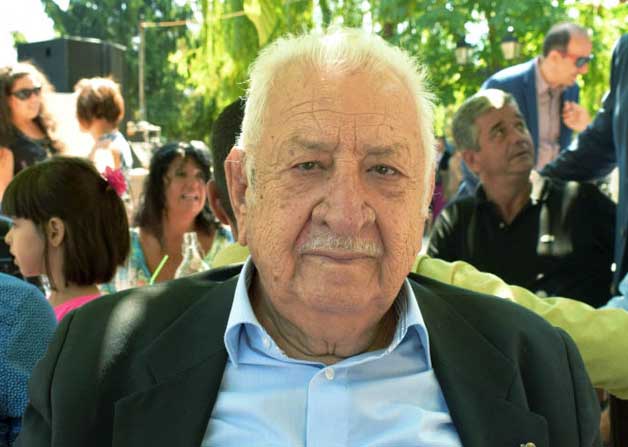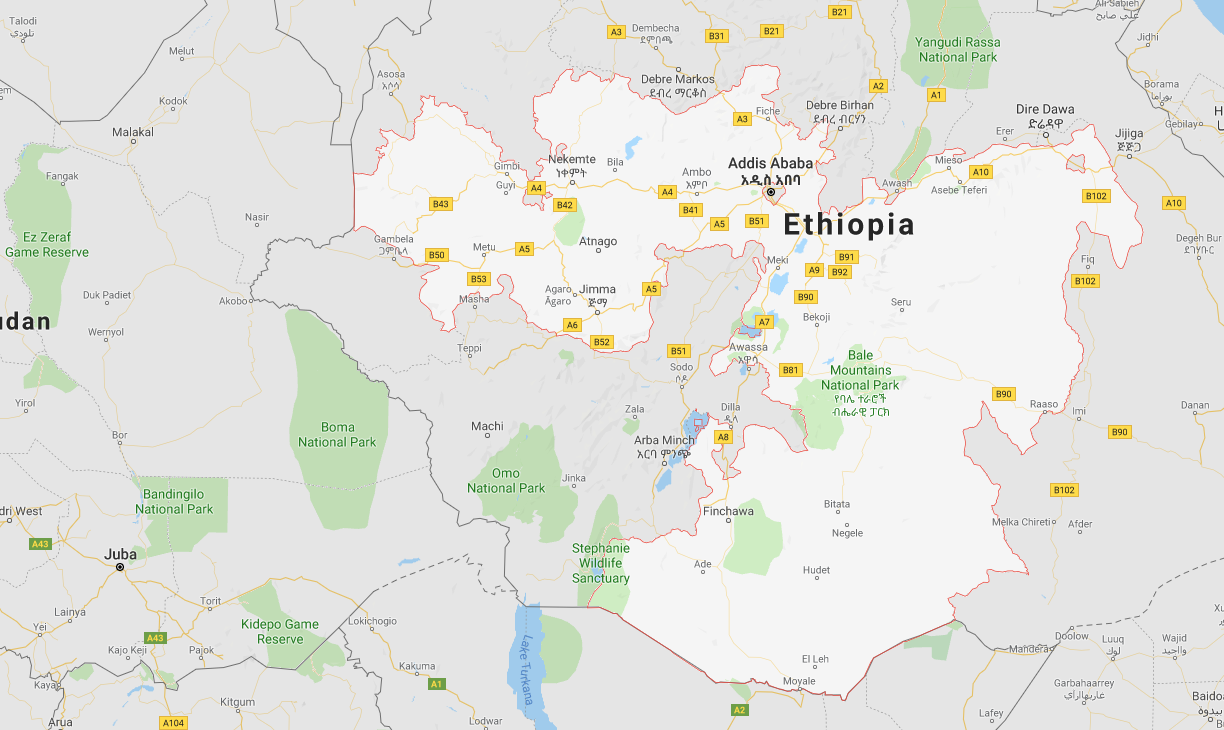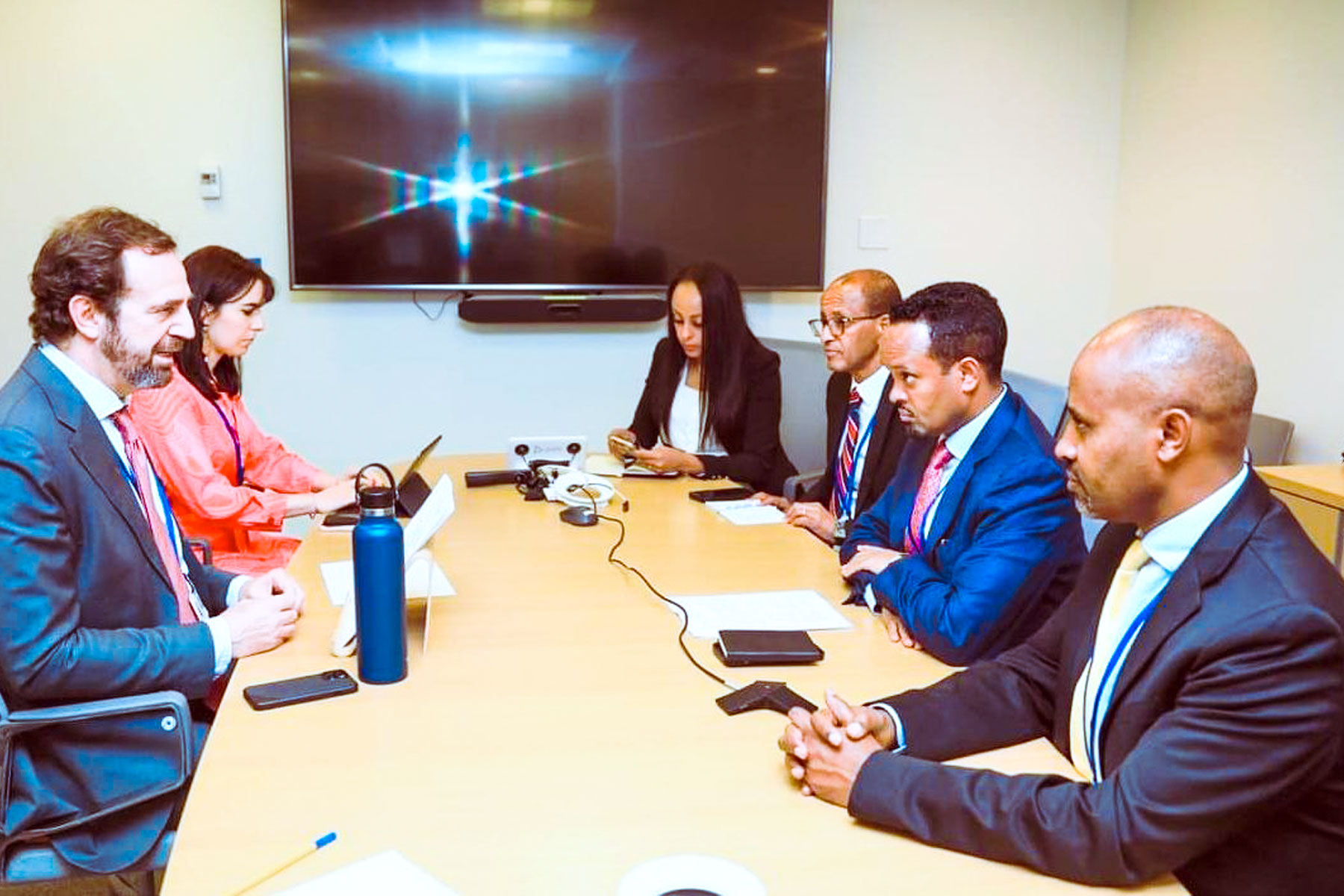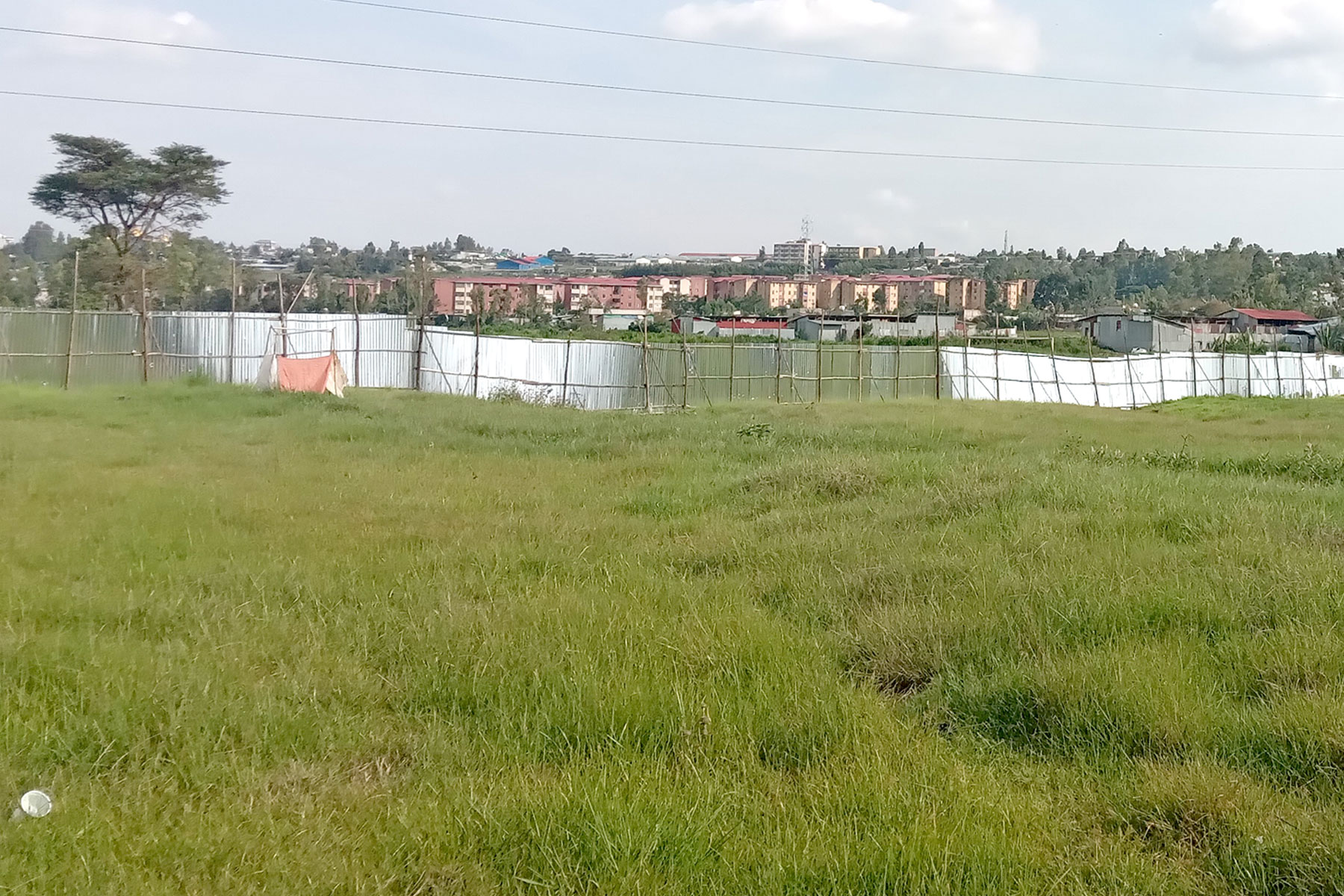
Fortune News | May 02,2020
Oct 16 , 2020
By Halima Abate (MD)
In the sphere of administration and leadership, creating clear concepts, establishing efficiency as a guiding principle, and knowing how various actions might lead to efficiency keep the organisation dynamic and stable. No less important is focusing on decision-making processes that create activity.
However, a series of vested interests might challenge the momentum. We see this in almost every challenge that is out there. This has led to a lack of organisational entrepreneurship. The impact of this has been a major hurdle, making itself felt across industries and sectors. It has led to a lack of market confidence reflected in reluctance to embark on bold financial investments in the face of future volatility, uncertainty and lack of accountability.
Concurrently, there is also a serious concern regarding leadership, in which organisation leaders are being pressured to do more with less. They are also being tempted to change the ways in which structural arrangements, rules, standard operating procedures and relations with key stakeholders coalesce as a synergy. The question of how to reform the existing organisation has assumed greater urgency.
Efforts to change the organisational performance and maintain the existing strong dynamics reveals the fact that adjustment is a complex process involving a multitude of forces and agents. The role of organisational actors in this is crucial. The notion of organisational entrepreneurship - ranging from the emergence of such entrepreneurs to the implementation and possible institutionalisation of the changes they initiate – is an alternative model to follow. Actors who initiate changes that contribute to transforming the existing status quo - organisational entrepreneurs - contribute to changing the institution despite pressures toward stasis.
Transforming organisational arrangements to rational bureaucracy, leveraging resources to effectively change behaviours at both macro and micro levels and, on some occasions, reinventing the “rules of the game” are the most important approaches. Entrepreneur actors will use their position as an enabling environment for the organisation with an array of quality services that promote legitimacy and ability to enhance diverse stakeholders’ involvement.
This is easier said than done. The inertia that the average organisation is faced with are multidimensional. This can come from the burden placed by way of a lack of resources. It can be a company culture that disincentivises innovation and solidarity among members. It takes nothing less than a whole new way of thinking for the entrepreneurs across the organisation to forge ahead with significant innovative solutions to pending problems that, on the whole, are capable of changing the internal fabric of the organisations.
The entrepreneurs should build on optimistic and inspirational thoughts and pass that vision in a comprehensive way down the hierarchy. Working with imagination, insight and confidence are necessary requirements. But perhaps the most relevant talent an organisation can hope for is creating a common sense of purpose with the employees. Interconnectedness and working harmony between the leader and the team, where the whole is greater than the sum of its parts, is the surest way of keeping the desired vision alive throughout the entire creative process.
The case for Ethiopia is urgent. We need organisational entrepreneurs that initiate and actively participate in the implementation and exercise of changes that diverge from the existing practice, change the institutional environment, and ascertain whether the changes were successfully implemented. Such changes might be initiated within the boundaries of an organisation or within the broader institutional context, within which the actors are embedded and can create a new venture.
In a country where institutions are built around the person of - usually - the owner, this could be hard. Changing culture requires a great deal of interpersonal renegotiation, and hard choices will need to be made. Where survival is the issue, indeed, this should not be an obstacle.
PUBLISHED ON
Oct 16,2020 [ VOL
21 , NO
1068]


Fortune News | May 02,2020

Radar | Nov 09,2019

Viewpoints | Feb 06,2021

Films Review | Jul 10,2020

Sunday with Eden | Apr 03,2021

Obituary | Jan 23,2021

Fortune News | Oct 19,2019

Viewpoints | Nov 14,2020

Sunday with Eden | Dec 07,2019

Radar | Dec 19,2020

Photo Gallery | 96728 Views | May 06,2019

Photo Gallery | 88908 Views | Apr 26,2019

My Opinion | 67166 Views | Aug 14,2021

Commentaries | 65758 Views | Oct 02,2021

Feb 24 , 2024 . By MUNIR SHEMSU
Abel Yeshitila, a real estate developer with a 12-year track record, finds himself unable to sell homes in his latest venture. Despite slash...

Feb 10 , 2024 . By MUNIR SHEMSU
In his last week's address to Parliament, Prime Minister Abiy Ahmed (PhD) painted a picture of an economy...

Jan 7 , 2024
In the realm of international finance and diplomacy, few cities hold the distinction that Addis Abeba doe...

Sep 30 , 2023 . By AKSAH ITALO
On a chilly morning outside Ke'Geberew Market, Yeshi Chane, a 35-year-old mother cradling her seven-month-old baby, stands amidst the throng...

Apr 20 , 2024
In a departure from its traditionally opaque practices, the National Bank of Ethiopia...

Apr 13 , 2024
In the hushed corridors of the legislative house on Lorenzo Te'azaz Road (Arat Kilo)...

Apr 6 , 2024
In a rather unsettling turn of events, the state-owned Commercial Bank of Ethiopia (C...

Mar 30 , 2024
Ethiopian authorities find themselves at a crossroads in the shadow of a global econo...

Apr 20 , 2024
Ethiopia's economic reform negotiations with the International Monetary Fund (IMF) are in their fourth round, taking place in Washington, D...

Apr 20 , 2024 . By BERSABEH GEBRE
An undercurrent of controversy surrounds the appointment of founding members of Amhara Bank after regulat...

An ambitious cooperative housing initiative designed to provide thousands with affordable homes is mired...

Apr 20 , 2024 . By AKSAH ITALO
Ethiopia's juice manufacturers confront formidable economic challenges following the reclassification of...